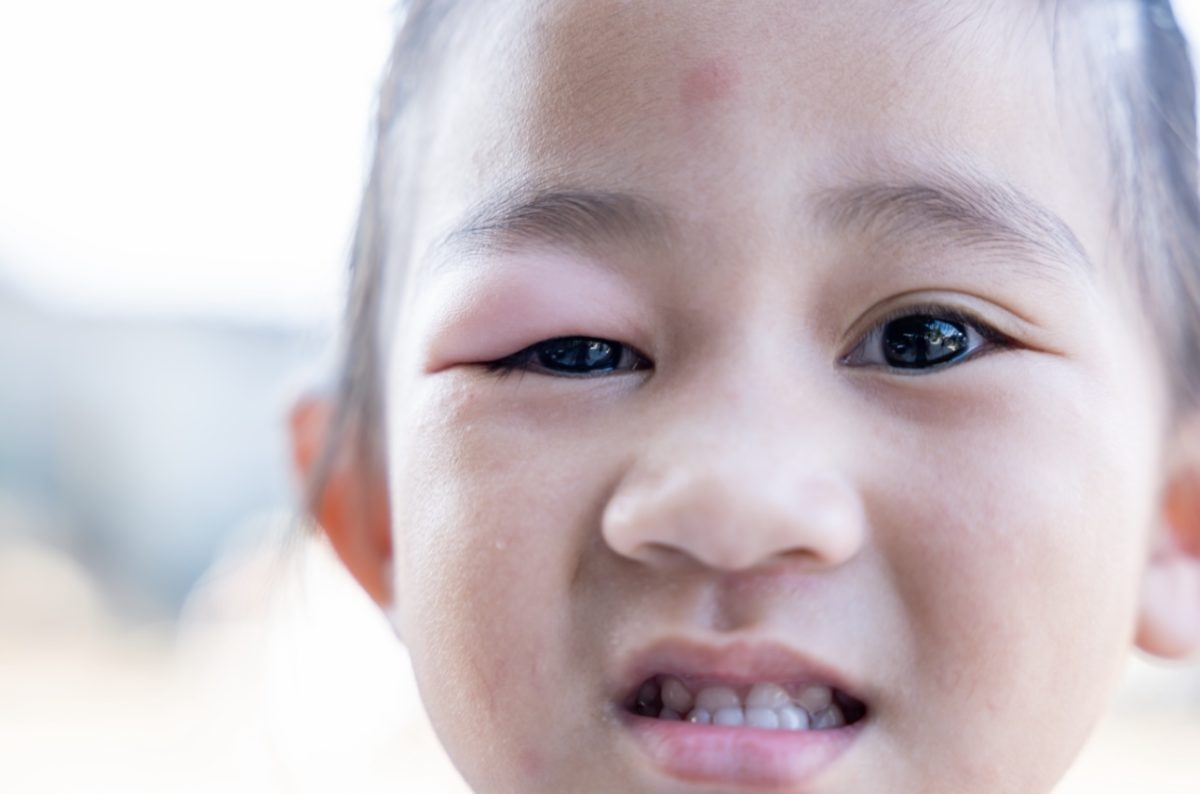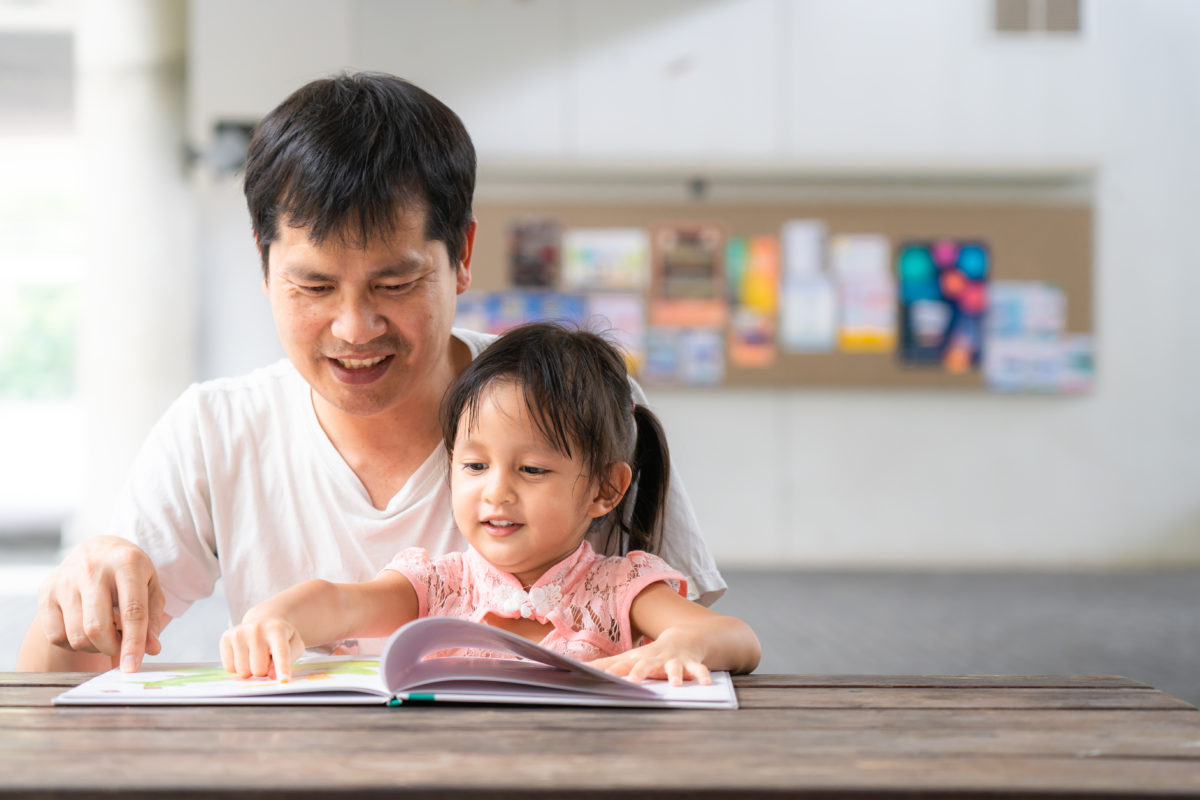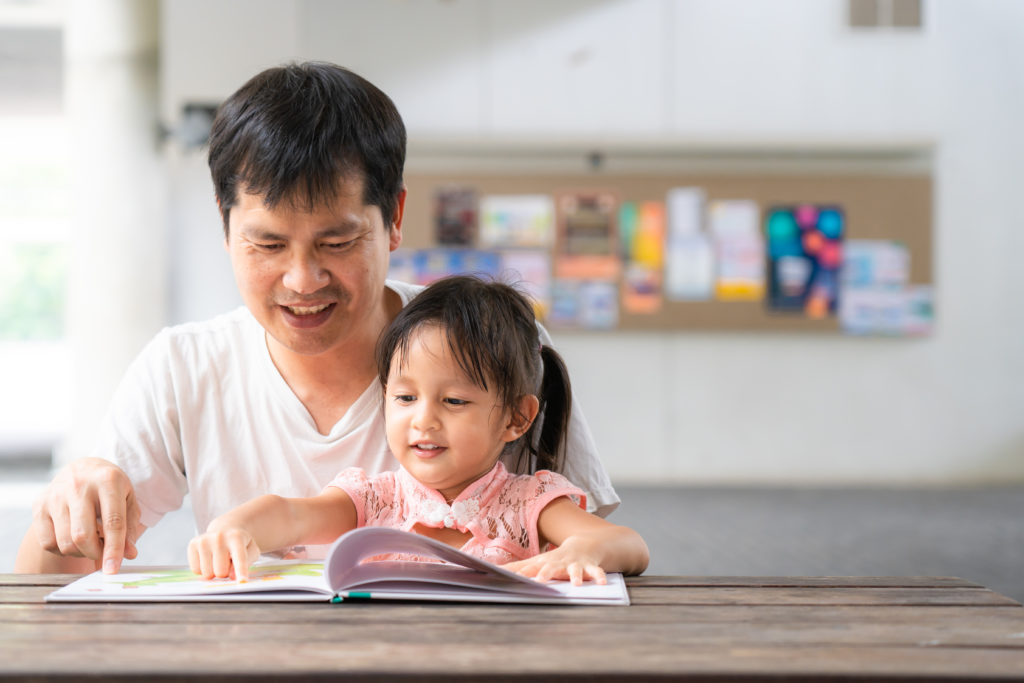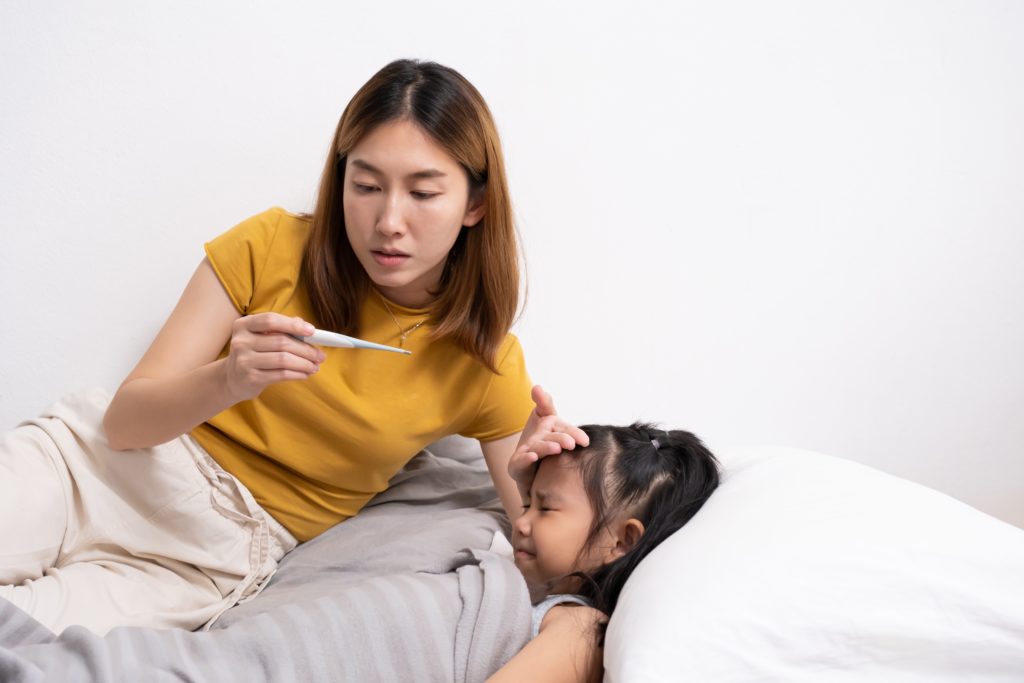November 2023
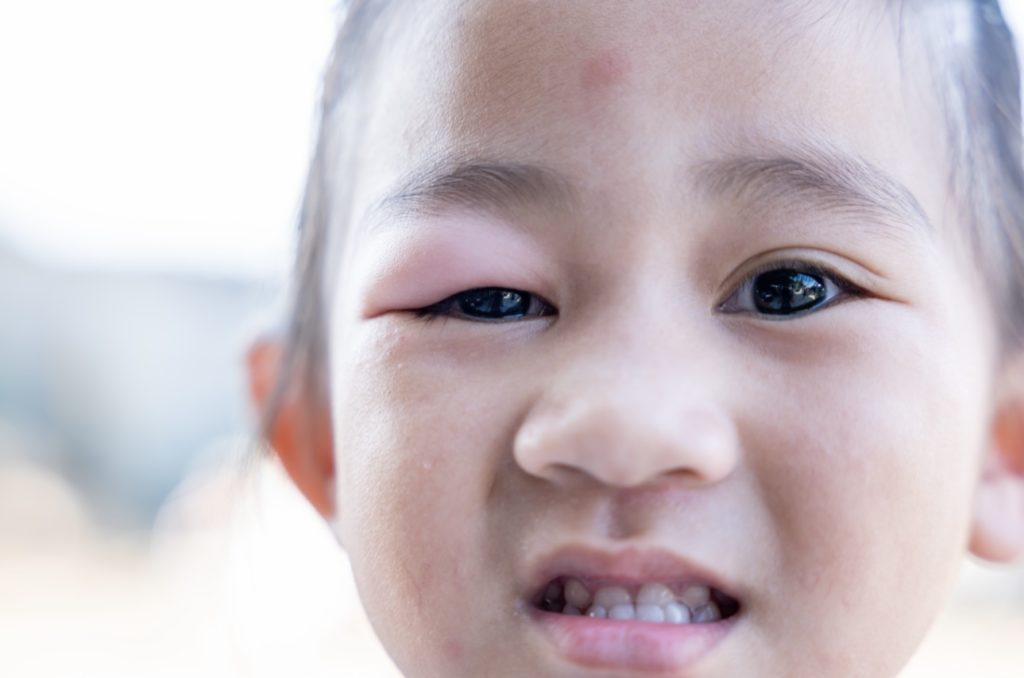
Family Marriage & Art Therapist, Ko Wing Oi (Wendy)
Parents often mention that their children are clumsy, often tripping or dropping things easily. This is related to hand-eye coordination and even the development of finger muscles. Many toys are now designed to train a child’s finger muscles from as early as a few months old.
Many parents are aware that various games can train finger muscles. But besides finger muscles, how can we train children to handle, grasp, or manipulate objects using their fingers? Balance is also crucial.
In fact, many toys can help train balance, and finger muscles can be developed in the process. For example, stacking games with different shapes, sizes, colors, and numbers can be used. When a child picks a die with a green side and the number 2, they have to find the corresponding green piece with a 2, and then pick another die, let’s say it’s blue with a 5, and find the blue piece with a 5, and continue stacking. This trains children on how to stack the pieces to maintain balance and prevent them from toppling over.
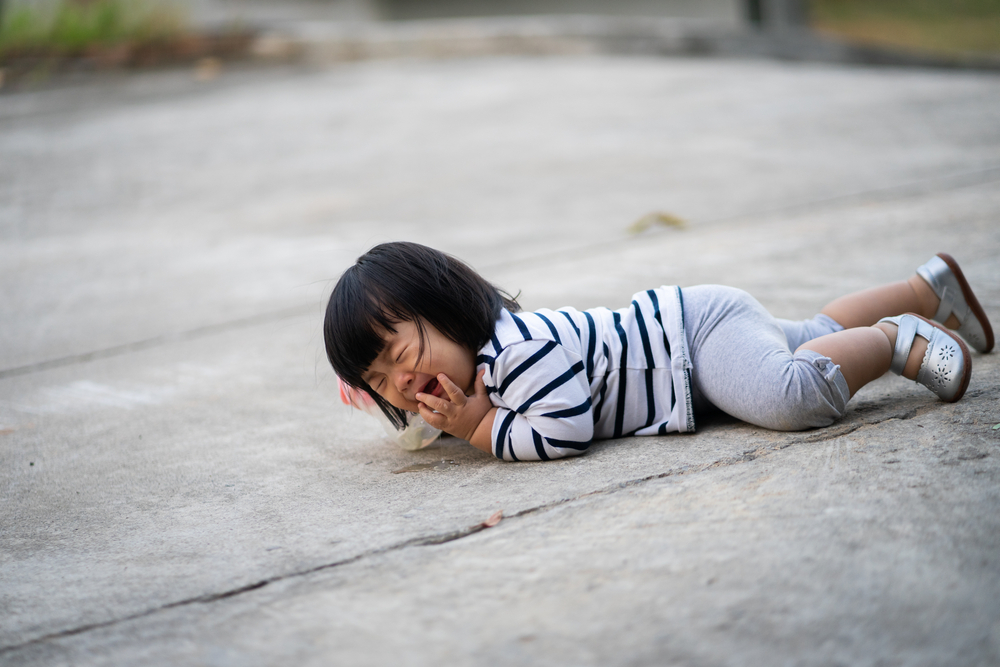
Another toy is the Russian stacking block puzzle, which is more complex in terms of layering and might be more interesting to children. Children can move the bottom block and then stack the Russian block puzzle pieces. This toy presents a certain level of difficulty, training children’s fingers, critical thinking, finger muscles, and balance.
Of course, clumsiness and accidents are also related to their level of concentration. For example, when a child is holding a cup of water, but their eyes are not on the cup; they are watching TV or listening to the adults around them. So, in addition to training their hand-eye coordination and balance, it’s also essential to train their concentration.

